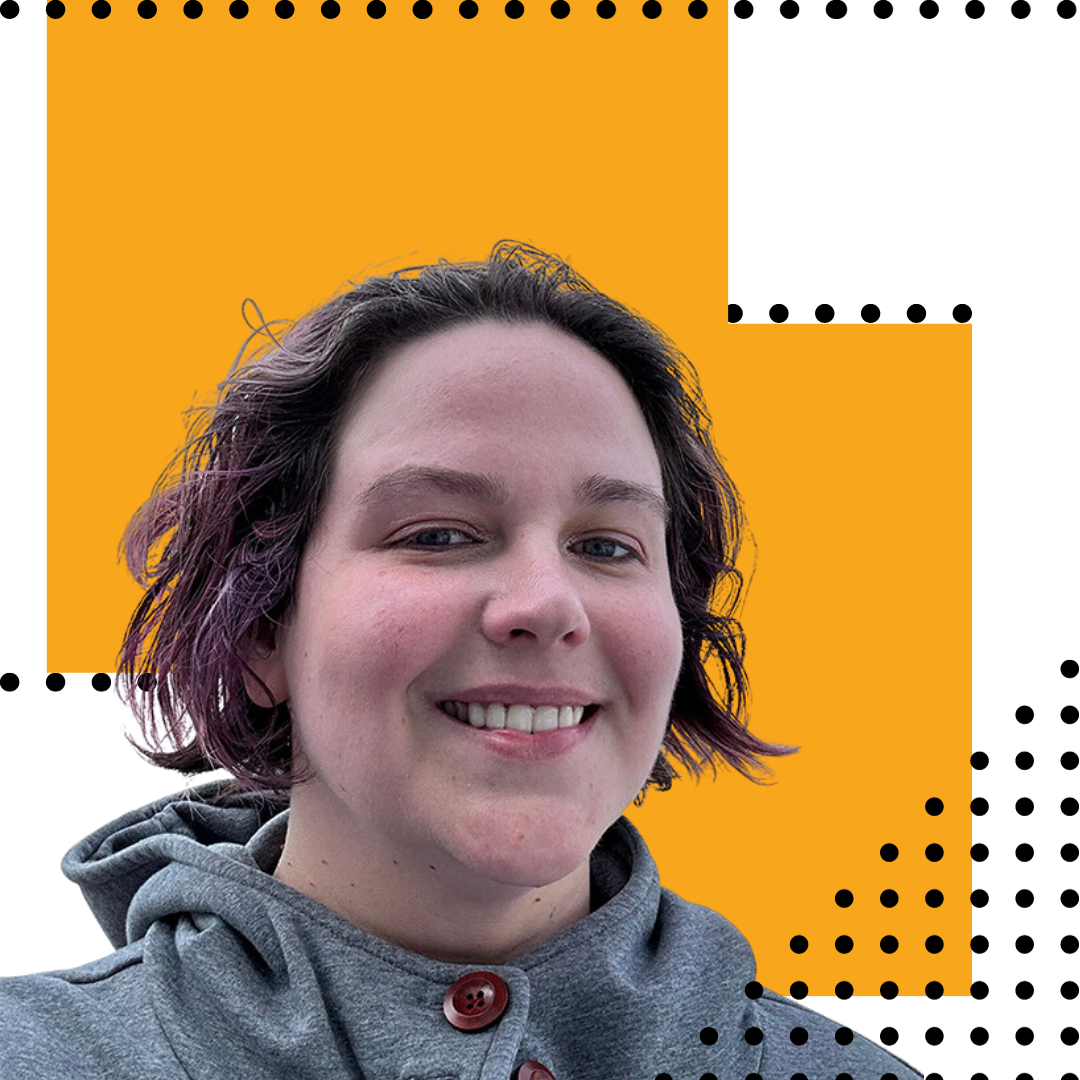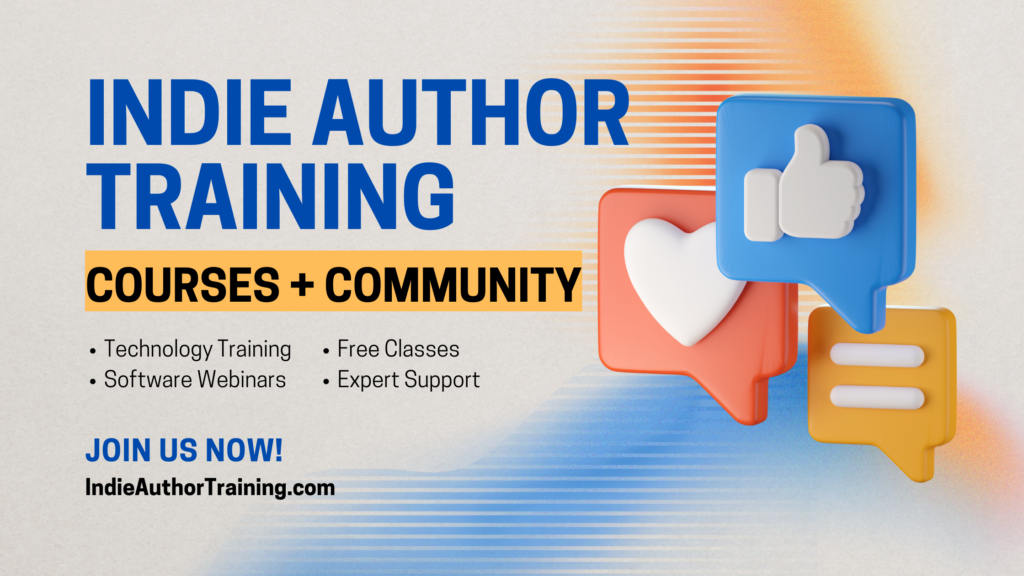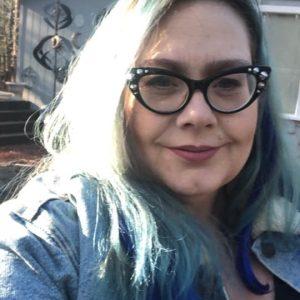Indie Author Magazine: How will the strategy of publishing wide play a part in the future of the industry? Do you anticipate that the definition of wide will ever evolve to mean more? If so, where do you see authors going?
Storm: As KU rates continue to plummet, more and more authors are scrambling to gain a “wide” footing. For me “wide” has always meant “world-wide.” And for the past couple of years, I’ve been focused on building my audiences in both translations and in non-US English speaking markets more than focusing on—say—Kobo or Apple Books, specifically.
I tend to favor Kindle Unlimited as I learn a new market or genre, but then move away from the program once I have a solid handle and am ready to learn more and expand to broader audiences. KU keeps me lean and flexible when I may be testing covers, blurbs, and other aspects of branding. I also use their price promotion tools heavily to attract readers when I find myself in a brand new genre or market. It’s always a short game for me though. The long game greatly favors diversification—whether by country, retailer, or even pen name. The more levers I have in my author business, the more I can control where I want/ need it to take me.
Indie Author Magazine: On an individual level, direct publishing can equate to greater control over titles, greater royalties, and a closer relationship with readers. What will the trend of authors publishing direct mean for the industry as a whole?
Storm: Direct sales definitely favor authors with large, cohesive backlists. It takes quite a bit of work to learn and address the tech and taxes that come with selling through Shopify, Woocommerce, or the like—and for many authors it simply won’t be worth the time and monetary investment. I have resisted direct sales for a good long while, even as I saw the market trending that way, but I am currently in the process of launching direct stores for each of my three active pen names and am excited (and also terrified, but mostly excited!) to take the plunge.
I’m using a multi-tiered launch approach, starting with English language eBooks only, testing and making sure I get that part right before I move on to the next phase. Eventually I hope to integrate signed book sales, merchandise, and also direct sales for my translations and audio as well… So I guess, ask me this question again in a year, and I’ll have a lot more to say!
Indie Author Magazine: With AI being such a hot-button, divisive topic now, what role(s)—if any—do you think it will play in the indie publishing world in five years’ time? How important is technology to one’s success as an indie author and to the industry as a whole?
Storm: Clearly, Isaac Asimov is to blame for how terrified normally very rational and professional people have become in the face of AI! Like it or not, the tech is here and developing rapidly. With time (and added legal and industry regulations), I suspect it will become much like any tool in the author arsenal. Some authors will master its use for writing full-form fiction, some will use it primarily as a marketing tool, and others won’t use it at all.
For me personally, I like using Sudowrite to summarize or “shrinkray” my past manuscripts by ordering it to write up synopses and outlines that represent the work I’ve already done myself. This helps me review past manuscripts either for research on future books in the series/world or for reviewing pertinent details so that I can update my online product descriptions. Saves me from having to reread the entire book! ChatGPT or Sudowrite also help me to clean up transcription when I choose to dictate instead of type my words; and is useful when I’m working on more than one project per day and invariably find myself with tense or POV confusion as I switch from first person present to third person past between projects.
I, personally, cannot use AI to write a book or even to cobble together a cohesive scene. I have tried, but the output is worse and takes three times longer to generate than if I’d simply written the words myself in the first place. And because I see AI’s value in its ability to save me time with specific tasks, I do not plan to invest time in learning beyond my own needs. Each individual author will have to figure out their own comfort level and learn accordingly.
For those that are afraid of AI, I strongly recommend trying it out so you can laugh and cringe and maybe put some of that fear aside by looking at the current reality of the situation rather than worrying about the many possible futures—only one of which will actually come to be.
Indie Author Magazine: What does transmedia mean for an author’s business? Will indie authors ever need to be more than just “writers” to survive in the industry?
Storm: Do what you do, and do it well. End of story.
All the extras can be fun and attention-grabbing, but at the end of the day, the most important thing is to write the books you love. Readers will see that passion and join in. If you want to add in merch and audio and stageplays and interpretive dances (I kid!), do it whole-heartedly and the most enthusiastic readers will follow you there.
If you’d rather just focus on the books, then do that.
There are literally no musts or should in the business, but there’s an awful lot of flexibility for those who like doing backflips and cartwheels all the way to the bank.
Indie Author Magazine: What can authors do now to build community with their readers and within the industry? Why does community matter in the future of indie publishing?
Storm: Subscription services like Ream and Patreon are definitely growing in popularity as readers become accustomed to seeing content offered in this way (I even have one of my own for my cozy pen name, Molly Fitz).
Some genres even continue to see amazing results by networking via Facebook groups. But just because these tools or communities are out there, doesn’t mean you need to be a part of them.
Whatever you do in your author business, do it authentically. If you hate Facebook groups, don’t start one. If you hate running a newsletter, don’t force it. Put your energy where it shines to light your way ahead.
Our industry is one that changes quickly due to its creative nature. Educating yourself is crucial, but choosing whether to adapt your business or career to new tech, trends, or the like is entirely optional. If running a membership site takes away from writing… or stresses you out so much that you end up with hives, just don’t do it.
I think as authors we’re always looking up at the forest canopy to the detriment of tending our own roots.






